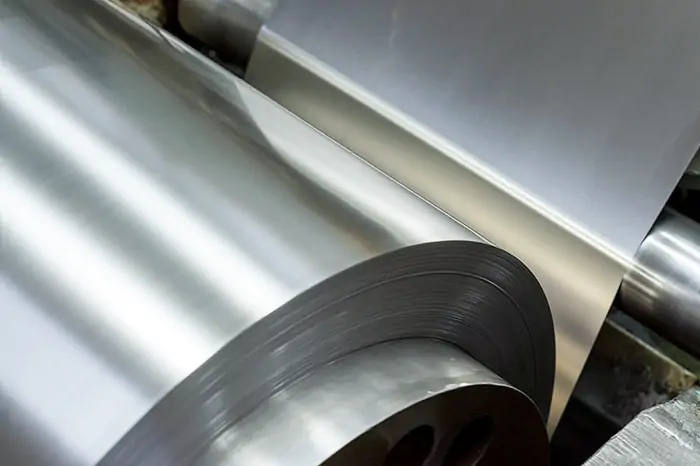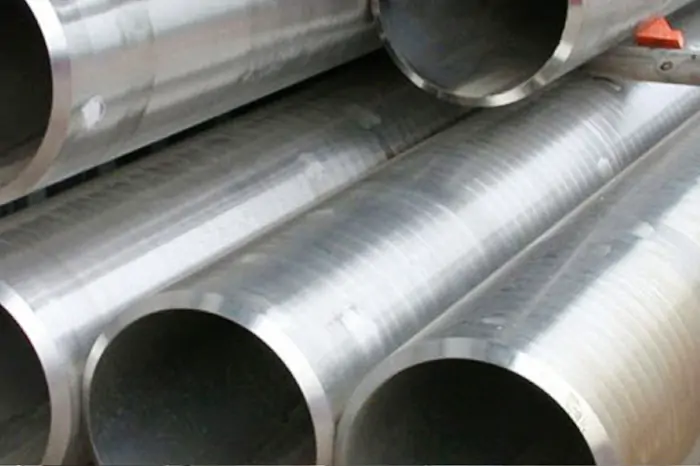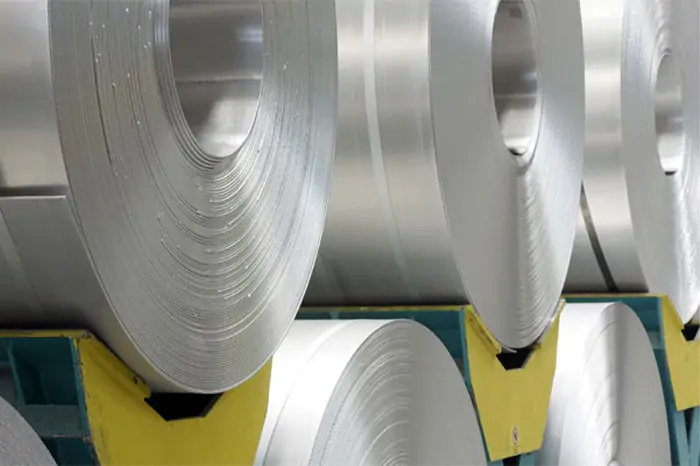Introduction to Soft Magnetic Materials
Soft magnetic materials are indispensable in the modern world, playing crucial roles in various electromagnetic applications. These materials offer unique properties that make them ideal for enhancing the efficiency and performance of electrical devices.
Table of Contents
ToggleCharacteristics of Soft Magnetic Materials
Soft magnetic materials are characterized by their ability to easily gain and lose magnetism, unlike hard magnetic materials which retain their magnetism. This property is essential in devices that require rapid response times and minimal energy loss.
Common Types of Soft Magnetic Materials
Electrical Steel: Used in transformer cores and motor components due to high electrical resistivity and low energy loss.
Ferrites: Ideal for inductors and transformers at higher frequencies.
Amorphous Metals: Known for ultra-low energy loss, perfect for high-efficiency transformers.
Applications of Soft Magnetic Materials
The versatility of soft magnetic materials allows them to be used in a wide range of applications. From household electronics to industrial machinery, their impact is profound and widespread.
Transformers
Soft magnetic materials are essential in transformer cores, where they help transfer electrical energy efficiently between circuits with minimal energy loss.
Inductors and Sensors
Inductors, which store energy in a magnetic field, and sensors, which measure magnetic fields, benefit from the magnetic properties of soft magnetic materials.
Motors
In motors, these materials improve torque, energy consumption, and the overall lifespan of the motor.
Magnetic Shielding
Soft magnetic materials are used for magnetic shielding to protect sensitive electronic equipment from external interference.
Benefits of Soft Magnetic Materials
The use of soft magnetic materials offers numerous benefits across different industries, contributing to technological advancements and economic savings.
Energy Efficiency
These materials help minimize energy loss, reducing operational costs and environmental impact.
Performance Enhancement
Soft magnetic materials lead to better device performance, reliability, and longevity.
Versatility
The wide range of applications makes these materials adaptable for various technologies, from renewable energy systems to advanced electronics.
Cost-Effectiveness
Many soft magnetic materials are inexpensive, making them an economical option for large-scale applications.
Innovations in Soft Magnetic Materials
The field of soft magnetic materials is constantly evolving, with new innovations enhancing their properties and expanding their applications.
Advances in Material Properties
Researchers are developing materials with even lower energy loss, higher permeability, and better thermal stability.
Hybrid Materials
Future advancements may include hybrid materials that combine the best properties of different types of soft magnetics for improved efficiency and performance.
Future of Soft Magnetic Materials
As technology advances, the demand for more efficient and effective soft magnetic materials will grow. These innovations are expected to drive breakthroughs in wireless power transfer, smart grids, and advanced computing.
Conclusion
Soft magnetic materials are essential to the advancement of modern technology, providing energy-efficient solutions and improving the performance of a wide range of devices. With ongoing research and development, these materials will continue to play a pivotal role in shaping the future of technology.






